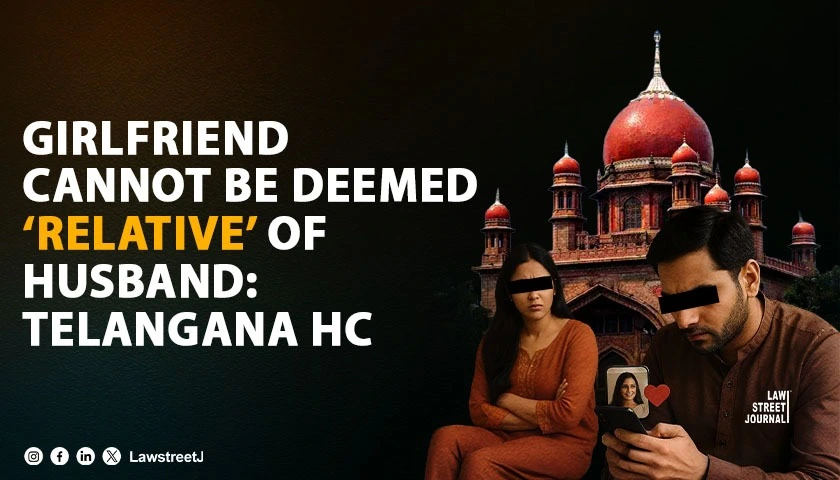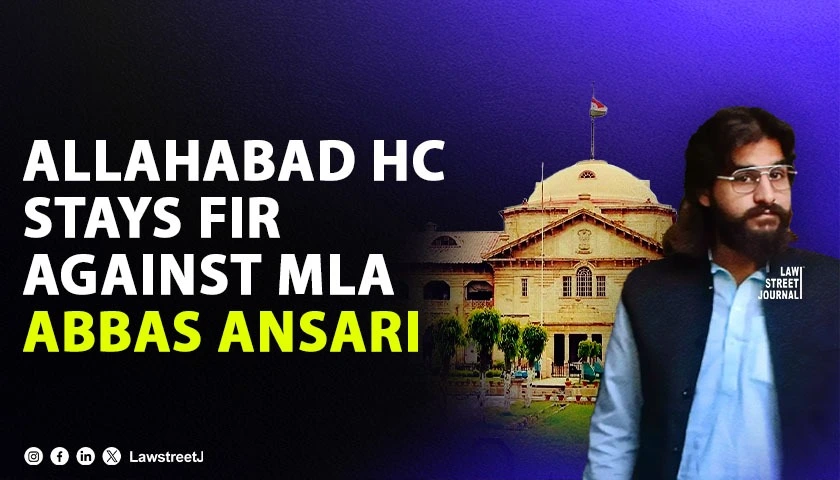The Supreme Court on Friday March 25, allowed a landlord to reclaim possession of his shop located at Delhi's Connaught Place followed by 50-year old legal battle with tenants in different Judicial forums. In that proceeding instituted before the Rent Controller, Delhi altogether three individuals and three firms were originally impleaded as respondents. In this appeal, however only three respondents have been impleaded.
The Shop was rented out to then proprietor (since deceased) of the first respondent in the year 1936. The appellant became the landlord thereof on having purchased the subject premises from its erstwhile owner in the year 1958. The main ground on which the eviction was asked for was sub-letting without the consent of the landlord.
The respondents run a retail outlet from the subject premises and at the material point of time, the respondents were operating from there a chemist shop. The substance of allegations of the landlord was that the respondents had sub-let certain portions of the premises to three medical practitioners (including one dentist) and two other firms.
By an order passed on June 5, 1997, the Additional rent controller, Delhi dismissed the petition holding that the appellant had failed to show that there was any sub-letting, assignment or parting with the possession of the tenanted premises in favour of persons who were included in the array of respondents. But in a judgement dated August 29, 2007 the Additional Rent control Tribunal reversed the decision of authority and passed an order of eviction on ground of sub-letting.
The respondents, thus moved before the Delhi High Court Challenging the order of the tribunal and were successful in that proceedings. Delhi HC by its order dated November 14, 2018 set aside the judgement dated August 29, 2007 of the Additional Rent Control Tribunal and resorted the Judgement dated June 5, 1997 of the Additional Rent Controller.
This Judgement was of the High Court was then Challenged before the apex Court. Senior Council Dhruv Mehta appearing with advocate Jeevesh Nagrath, for the appellant landlord argued that the sub-letting had been proved before the final fact-finding forum (at the appellate stage) and the appellate forum had returned finding on facts.
In such circumstances, the High Court in the supervisory jurisdiction ought not to have had upset the order of the Appellate Tribunal, the lawyer argued. Senior counsel Rana Mukherjee, appearing for the respondents, on the other hand, has opposed appellant submission.
The Supreme Court passed an order in the favour of the landlord granting the right to it's own property and this set aside the judgement of the High Court and restore the Appellant Tribunal's findings.
"We accordingly direct that the appellant would be entitled to occupation charges Rs 30,000 per month from November 14, 2018 till the subject premises are vacated by the respondents, and the respondents must vacate the premises within the period of 53 weeks from date. A sum of Rs 1 lakh shall be reunited to the appellant within one month from the date and Rs 12 lakh within six months from date," a bench of Justices Vineet Saran and Aniruddha Bose said in its order.
"So far as the occupation charges for the period of 53 weeks from today is concerned, by which period the respondents shall vacate the premises, the respondents shall remit to the bank account of the appellant to the said sum of Rs 30,000 per month by the last date of each month and if any further sum is found due on computation made in the manner indicated above, such additional sum shall also be remitted within the aforesaid period of six months, a bench of Justices Vineet Saran and Aniruddha Bose said.








